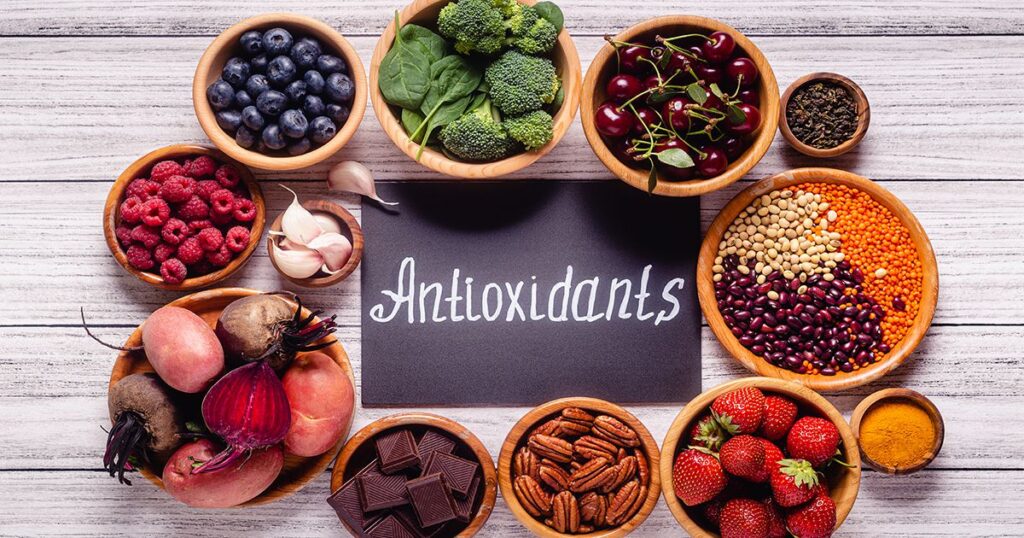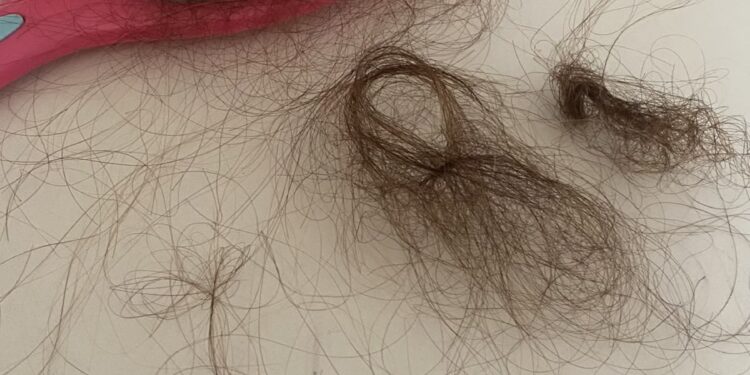Hair loss is more common than you might think. It can happen due to many symptoms like stress, hormonal changes, nutrient deficiencies, aging, or even genetics. While there’s no magic pill for instant hair growth, getting the right vitamins can play a huge role in supporting healthy hair from the inside out.
Why Vitamins Matter for Hair Health
Hair is mostly made of keratin, a type of protein. To produce keratin efficiently, your body needs a constant supply of nutrients especially vitamins and minerals.
When your diet is lacking in these nutrients, your hair follicles may weaken, leading to thinning, breakage, or excessive shedding. The right vitamins help by:
- Nourishing hair follicles for stronger growth
- Improving blood circulation to the scalp
- Protecting hair from damage caused by oxidative stress
- Balancing hormones that affect hair cycles
1. Biotin (Vitamin B7)
Biotin is one of the most talked-about vitamins for hair growth. It plays a crucial role in converting food into energy and supporting keratin production.
Benefits for Hair:
- Strengthens hair strands
- Reduces breakage
- Promotes thicker, fuller hair
Food Sources: Eggs, almonds, walnuts and sweet potatoes.
Supplement Tip: Most adults need around 30 mcg per day, but higher doses may be recommended if you have a deficiency.
2. Vitamin D
Low vitamin D levels are linked to hair thinning and hair loss. Vitamin D helps create new hair follicles and supports scalp health.
Benefits for Hair:
- Stimulates new follicle growth
- Reduces inflammation in the scalp
- Improves overall scalp condition
Food Sources: Fatty fish (salmon, mackerel), mushrooms, and sunlight exposure.
Supplement Tip: Aim for 600–800 IU daily, but get your blood levels tested before taking high doses.
3. Vitamin E
Vitamin E is a powerful antioxidant that protects hair from oxidative damage caused by free radicals. It also improves blood circulation to the scalp.
Benefits for Hair:
- Encourages healthy scalp environment
- Adds natural shine to hair
- Prevents dryness and brittleness
Food Sources: Sunflower seeds, almonds, spinach, avocados.
Supplement Tip: Around 15 mg daily is enough for most adults.

4. Vitamin C
Vitamin C supports collagen production, which is essential for strong hair structure. It also helps your body absorb iron, a mineral that is crucial for hair growth.
Benefits for Hair:
- Strengthens hair shafts
- Reduces split ends
- Protects against free radical damage
Food Sources: Citrus fruits, strawberries, bell peppers, broccoli.
Supplement Tip: The daily recommended intake is 75–90 mg.
5. Vitamin A
Vitamin A is needed for cell growth, including hair cells. However, balance is key—too much vitamin A can actually cause hair loss.
Benefits for Hair:
- Keeps scalp moisturized by supporting sebum production
- Encourages healthy hair cell development
Food Sources: Carrots, sweet potatoes, spinach, kale, liver.
Supplement Tip: Stay within the 700–900 mcg daily range.
Natural vs. Supplemental Vitamins for Hair Loss
While supplements can help fill nutrient gaps, it’s always best to get your vitamins from whole foods whenever possible. Whole foods provide a mix of nutrients that work together for better absorption.
However, if blood tests show a deficiency or your diet is restricted, supplements can be a valuable tool for hair health.
Lifestyle Tips to Support Hair Growth Alongside Vitamins
Vitamins alone won’t magically stop hair loss. For the best results, combine them with healthy habits:
- Eat a balanced diet rich in protein and healthy fats
- Stay hydrated for better scalp moisture
- Avoid excessive heat styling or harsh chemicals
- Manage stress through meditation, yoga, or hobbies
When to See a Doctor
If you’re experiencing sudden or severe hair loss, see a healthcare professional. Hair loss can be a symptom of thyroid problems, hormonal imbalances, autoimmune conditions, or any other underlying health issues that require medical attention.
Conclusion
So, what vitamins should you take for hair loss? A combination of biotin, vitamin D, vitamin E, vitamin C, vitamin A (in moderation), B vitamins, iron, and zinc can help nourish your hair from within. Pair these with a healthy diet, stress management, and good hair care practices for the best results.
Remember, healthy hair starts from the inside, and giving your body the nutrients it needs is one of the smartest moves you can make.
Read More About Hair Loss Here: https://my.clevelandclinic.org/health/diseases/21753-hair-loss



















